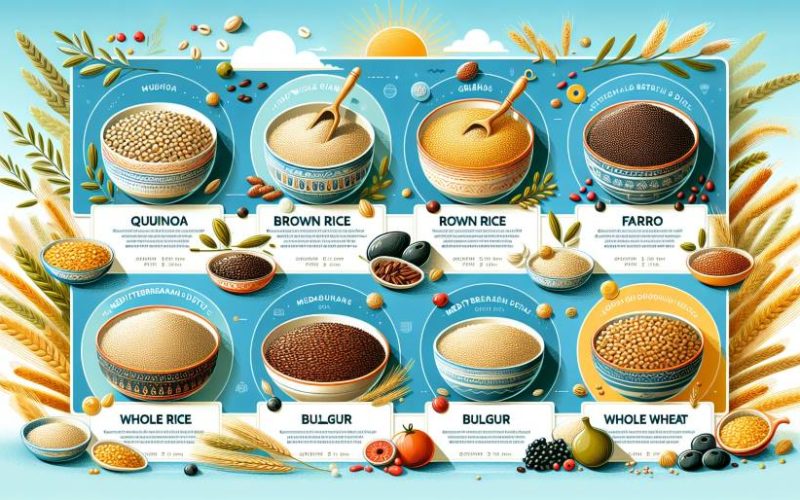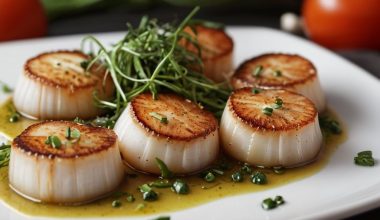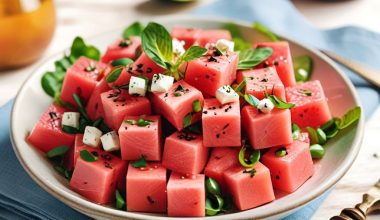What Whole Grains Can You Eat on a Mediterranean Diet? It’s no secret that the Mediterranean diet is renowned for its health benefits, and whole grains are an integral part of this cuisine. In this article, we’ll explore the whole grains that are commonly consumed in a Mediterranean diet and the valuable nutrients they offer.
The Importance of Whole Grains
Whole grains play a vital role in the Mediterranean diet and offer numerous health benefits. They are rich in fiber, which supports digestive health and helps in maintaining a feeling of fullness, aiding in weight management. Additionally, whole grains provide essential vitamins, minerals, and phytonutrients, contributing to overall well-being and reducing the risk of chronic diseases.
Whole Grains in the Mediterranean Diet
When adhering to a Mediterranean diet, a variety of whole grains can be included in your meals. These grains are an excellent source of complex carbohydrates and provide sustained energy levels throughout the day. Some of the whole grains commonly consumed in the Mediterranean region include:
| Whole Grain | Nutritional Benefits |
|---|---|
| Bulgur | Rich in fiber, protein, and essential minerals such as manganese and magnesium. |
| Farro | Contains a good amount of protein, and fiber, and is a great source of vitamins and minerals. |
| Quinoa | High in protein, fiber, and various important nutrients like iron, magnesium, and antioxidants. |
| Whole Wheat | Provides fiber, protein, and essential nutrients such as B vitamins, iron, and magnesium. |
| Brown Rice | Contains fiber, minerals, and beneficial compounds that support heart health. |
Incorporating Whole Grains into Your Diet
Now that you’re aware of the whole grains prevalent in a Mediterranean diet, you may want to know how to incorporate them into your daily meals. Here are some simple yet delicious ways to add whole grains to your diet:
- Enjoy a balanced breakfast by having oatmeal or whole grain cereals topped with fresh fruits and nuts.
- Use bulgur as a base for a flavorful and wholesome tabbouleh salad, incorporating tomatoes, cucumbers, and parsley.
- Prepare a warm and comforting bowl of farro risotto with seasonal vegetables and a sprinkle of Parmesan cheese.
- Add cooked quinoa to your salads for a protein and nutrient boost, enhancing both texture and flavor.
- Opt for whole wheat pasta in your favorite pasta dishes and pair it with a variety of vegetables and lean proteins.
- Substitute white rice with nutrient-rich brown rice in your stir-fries, casseroles, and side dishes.
Benefits of Whole Grains in the Mediterranean Diet
Incorporating whole grains into your Mediterranean diet offers a myriad of health advantages. Some of the notable benefits include:
- Improved heart health is due to the high fiber content, which helps in reducing cholesterol levels.
- Enhanced weight management is possible as the fiber content aids in creating a feeling of fullness and supports better digestion.
- Steady energy levels throughout the day, reduce spikes and crashes in blood sugar levels.
- Lower risk of developing chronic diseases such as type 2 diabetes, certain cancers, and heart disease.
- Improved digestive health and regularity due to the ample fiber found in whole grains.
Frequently Asked Questions On What Whole Grains Can You Eat On A Mediterranean Diet
What Whole Grains Are Included in a Mediterranean Diet?
The Mediterranean diet includes whole grains such as quinoa, brown rice, oats, and whole wheat bread.
Why Are Whole Grains Important in a Mediterranean Diet?
Whole grains are rich in fiber, vitamins, and minerals, providing sustained energy and promoting heart health in a Mediterranean diet.
How Do Whole Grains Benefit Your Health on a Mediterranean Diet?
Whole grains help reduce the risk of heart disease, aid in digestion, regulate blood sugar levels, and promote overall wellbeing in a Mediterranean diet.
Can You Eat Pasta on a Mediterranean Diet?
Yes, you can enjoy whole grain pasta as part of a balanced Mediterranean diet, ensuring it is paired with nutrient-rich ingredients.
Conclusion
Whole grains are an essential component of the Mediterranean diet, providing an array of nutrients and contributing to overall health. By incorporating whole grains such as bulgur, farro, quinoa, whole wheat, and brown rice into your meals, you can enjoy delicious and nutritious dishes while reaping the numerous health benefits they offer. Whether it’s a warm bowl of farro risotto or a refreshing tabbouleh salad, whole grains bring a delightful and wholesome element to your Mediterranean-inspired culinary journey.







